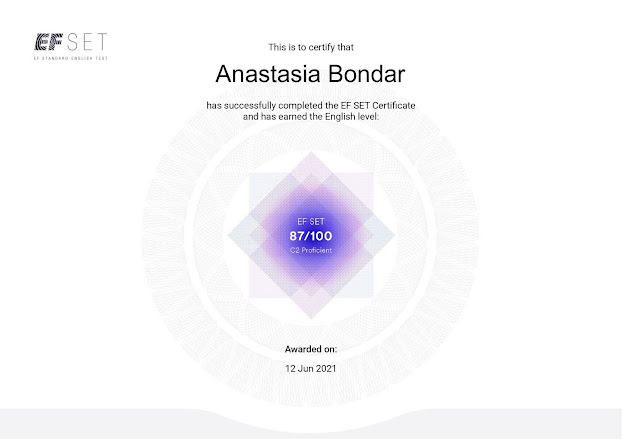Psychology: A simple trick to improve your memory
Want to enhance your memory for facts? Tom Stafford explains a counterintuitive method for retaining information.
The author of the article, lecturer in psychology and cognitive science at the University of Sheffield, says "One of the interesting things about the mind is that even though we all have one, we don't have perfect insight into how to get the best from it. This is in part because of flaws in our ability to think about our own thinking, which is called metacognition." By this, he means that despite the great intellectual abilities of the human brain, we surprisingly bad at having insight into how we learn best.
Researchers Jeffrey Karpicke and Henry Roediger III set out to look at one aspect: how testing can consolidate our memory of facts. In their experiment, they asked college students to learn pairs of Swahili and English words.
Karpicke and Roediger asked students to prepare for a test in various ways, and compared their success – for example, one group kept testing themselves on all items without dropping what they were getting right, while another group stopped testing themselves on their correct answers.
On the final exam differences between the groups were dramatic. While dropping items from studying didn’t have much of an effect, the people who dropped items from testing performed relatively poorly: they could only remember about 35% of the word pairs, compared to 80% for people who kept testing items after they had learnt them.
So, they came to the conclusion, that the most effective way to learn is to practice retrieving items from memory, not trying to cement them in there by further study. Moreover, dropping items entirely from your revision, which is the advice given by many study guides, is wrong. You can stop studying them if you've learnt them, but you should keep testing what you've learnt if you want to remember them at the time of the final exam.



Comments
Post a Comment